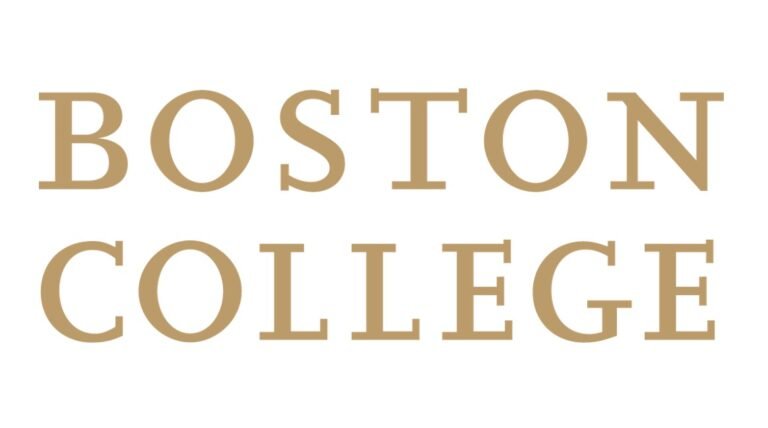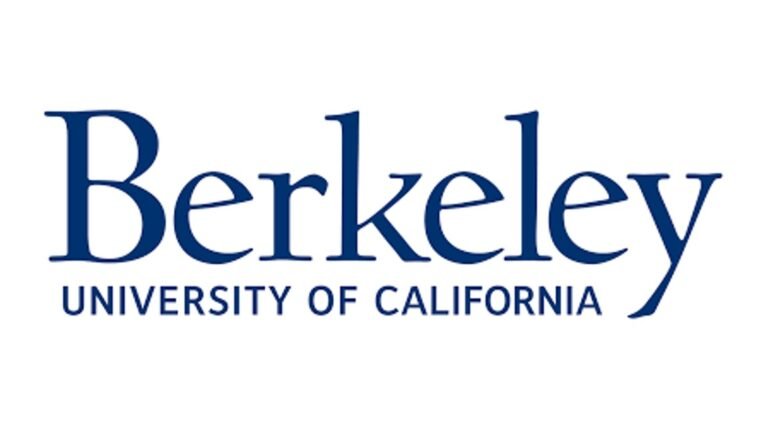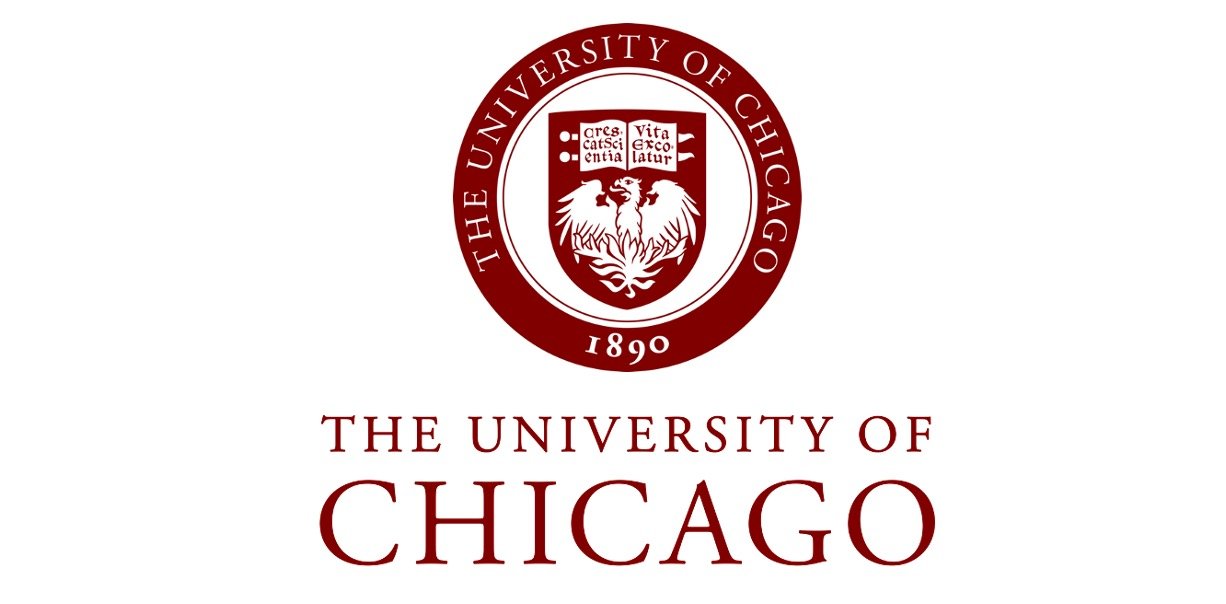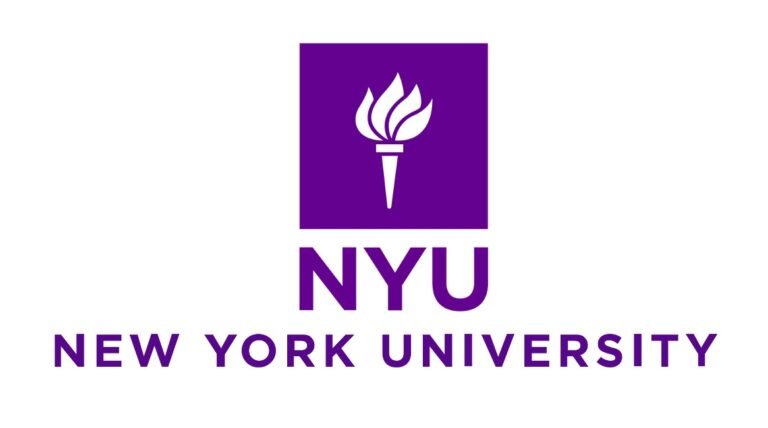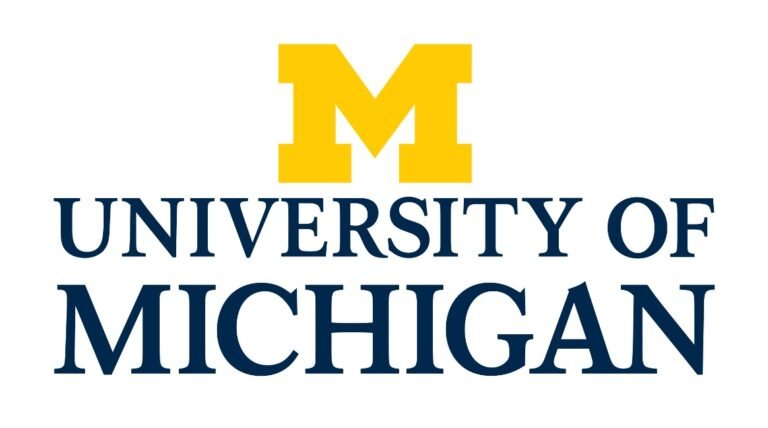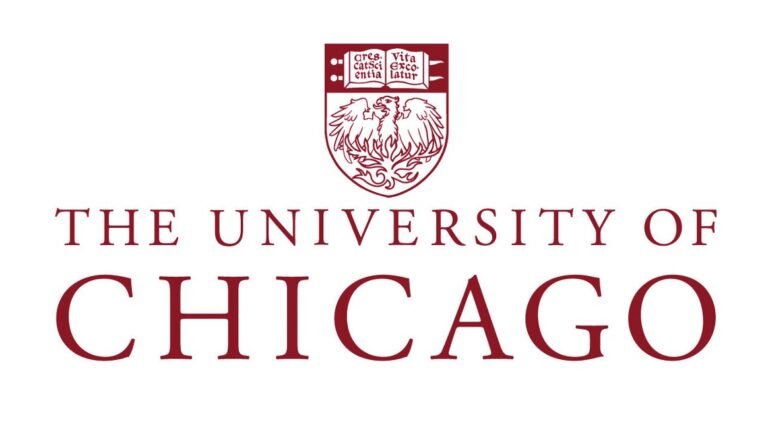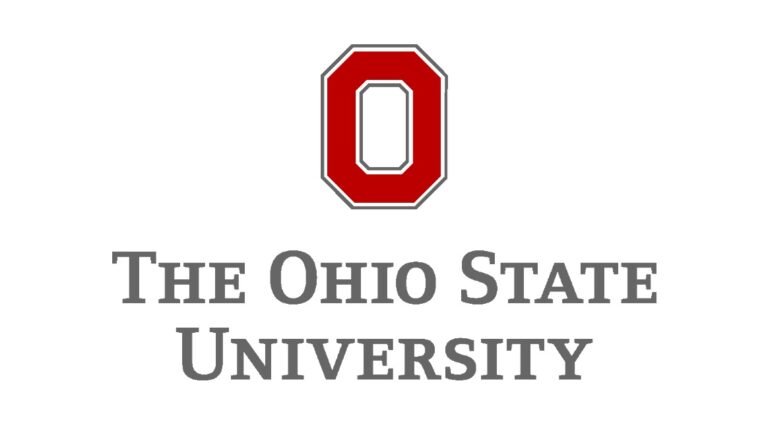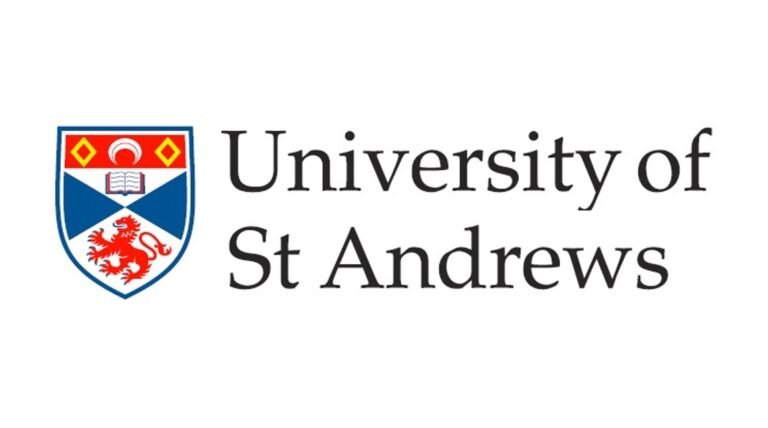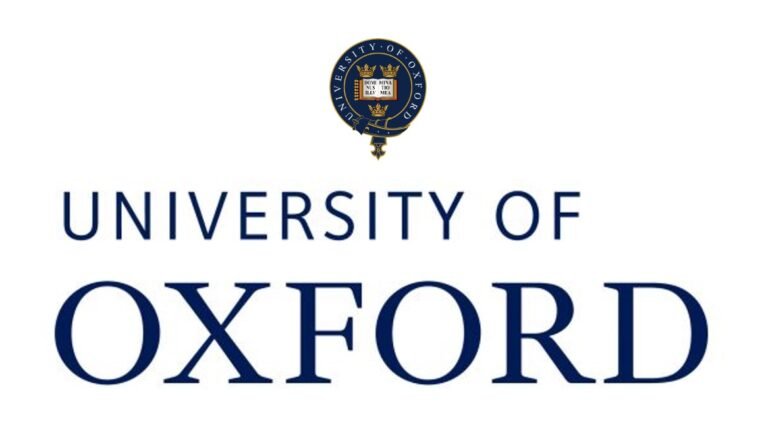Project Details
Advanced semiconductor devices are produced using extreme ultraviolet (EUV) light at just 13.5nm wavelength. The recent revolutionary introduction of EUV lithography (EUVL) was the culmination of several decades of collaborative work between industry and science – a Project Apollo of the digital age.
EUVL is powered by light that is produced in the interaction of high-energy CO2-gas laser pulses with molten tin microdroplets. The use of such lasers leads to low overall efficiency in converting electrical power to useful EUV light.
Replacing gas lasers with much more efficient solid-state lasers may significantly improve efficiency, as well as output power. It is currently however unclear what laser wavelength, and what plasma ‘recipe’ should be used. This is because we lack understanding of the underlying complex physics.
The goal of project MOORELIGHT is to deliver the missing insight – here by performing spectroscopic investigations of EUV-emitting ions.
Project goal
Understanding at the atomic level of the EUV generating processes is of key importance to be able to successfully develop the next generation of plasma light sources.
Recently, our group discovered that EUV light must originate from transitions between complex multiply excited electronic states, and not from the singly excited states decaying to the ground state as was the standing paradigm. We now face the enormous challenge of uniquely identifying such complex transitions. Currently, nobody truly knows where the EUV light stems from.
You will join a team of several PhD students and postdocs and have as an objective to design & execute spectroscopic experiments to enable obtaining pinpointing the atomic origins of EUV light and uncovering the true impact of the complex electronic structure of tin on the EUV light emission in industrial nanolithography.
Eligibility
You have (or soon will have) a University degree in (applied) physics. Interest in (experimental) atomic physics and spectroscopy is a requirement. Programming skills (Python) are welcomed. Good verbal and written communication skills (in English) are required.
Funding
The position is intended as full-time (40 hours / week, 12 months / year) appointment in the service of the Netherlands Foundation of Scientific Research Institutes (NWO-I) for the duration of four years, with a starting salary of gross € 2,590 per month and a range of employment benefits.
Application Requirement
You can respond to this vacancy online via the button below. Please annex your:
- Resume;
- Motivation on why you want to join the group (max. 1 page).
It is important to us to know why you want to join our team. This means that we will only consider your application if it entails your motivation letter. on.
Application Deadline
Applications will be evaluated on a rolling basis and as soon as an excellent match is made, the position will be filled.

